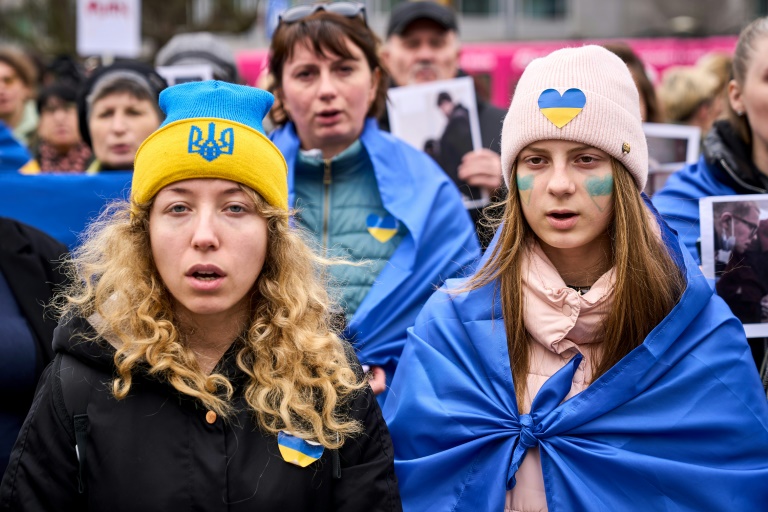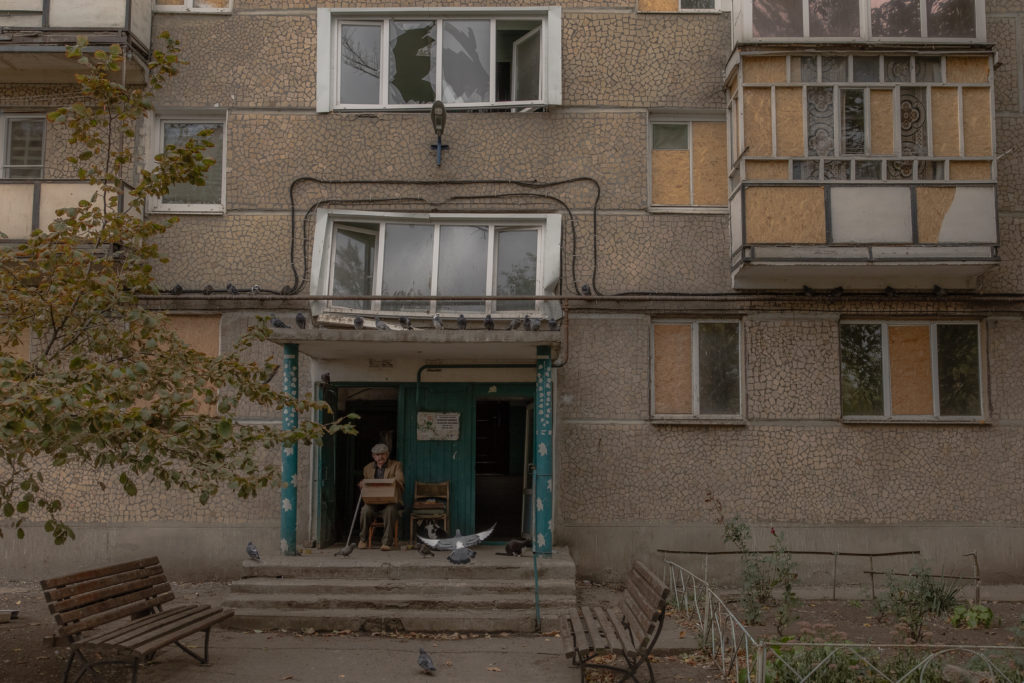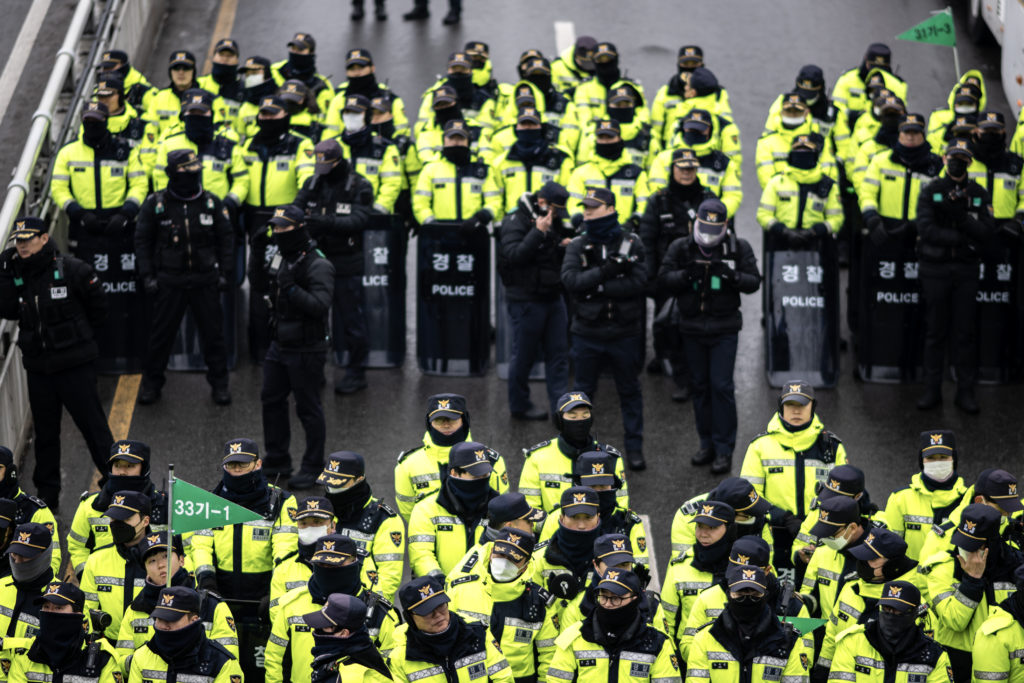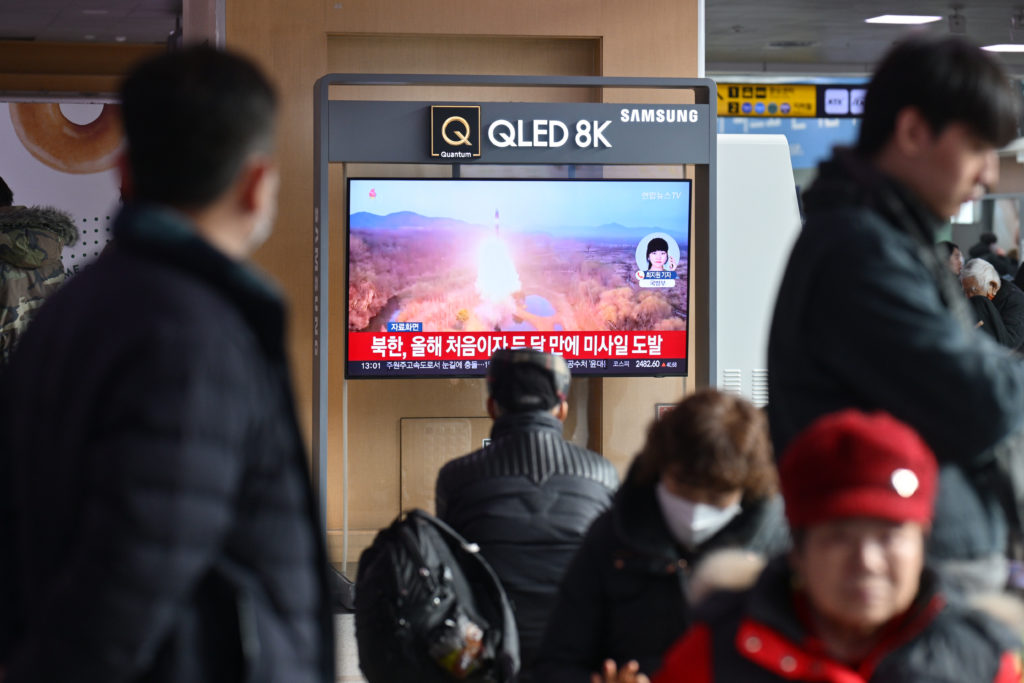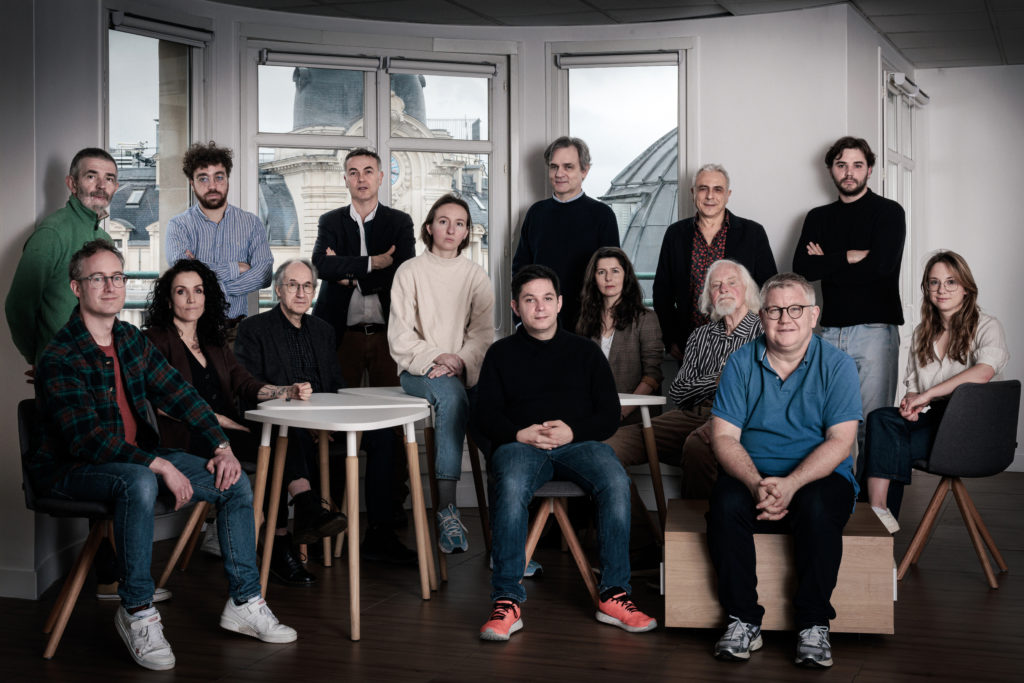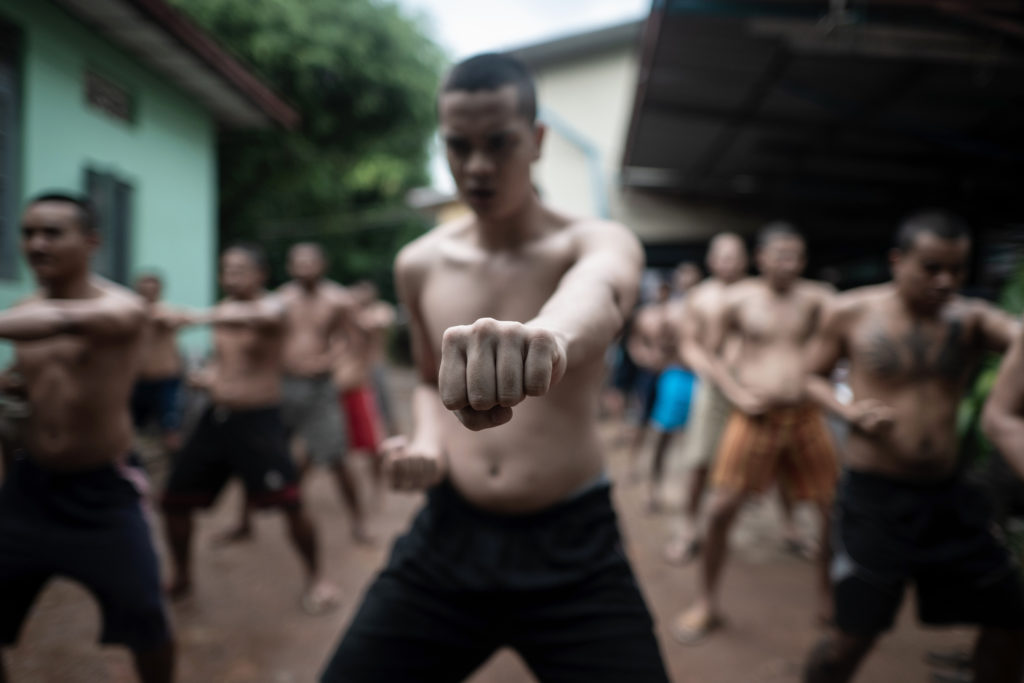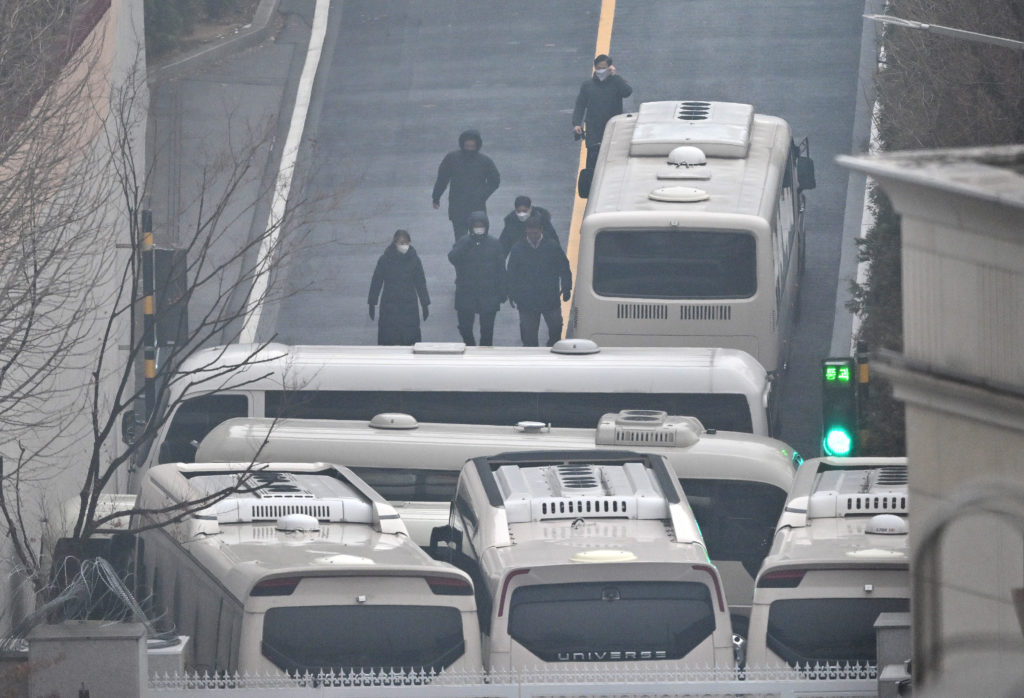The UN’s top court on Wednesday ordered Russia to suspend its invasion of Ukraine, saying it was “profoundly concerned” by Moscow’s use of force.
“The Russian Federation shall immediately suspend military operations that it commenced on 24 February on the territory of Ukraine,” pending the final decision in the case, presiding judge Joan Donoghue told the International Court of Justice.
“The court is profoundly concerned about the use of force by the Russian Federation which raises very serious issues in international law,” Donoghue told a hearing in The Hague.
Kyiv dragged Moscow to the UN’s top court days after Russia’s attack on February 24.
Ukraine accuses Russia of illegally trying to justify its war by falsely alleging genocide in Ukraine’s Donetsk and Lugansk regions.
Kyiv then asked the court to take provisional measures ordering Russia to “immediately suspend the military operations.”
“Russia must be stopped, and the court has a role to play in stopping that,” Ukraine’s representative Anton Korynevych told the ICJ last week.
The hearing on Wednesday comes as the number of refugees fleeing Ukraine topped three million and Russian forces step up strikes on residential buildings in Kyiv.
At the same time, Kyiv said it wanted its security to be guaranteed by international forces, as it rejected proposals pushed by Russia for it to adopt a neutral status comparable to Austria or Sweden.
– ‘No genocide evidence’ –
Russia snubbed hearings on March 7 and 8, arguing in a written filing that the ICJ “did not have jurisdiction” because Kyiv’s request fell outside of the scope of the 1948 Genocide Convention on which it based its case.
Moscow also justified its use of force in Ukraine, saying “it was acting in self-defence.”
But the ICJ ruled it had jurisdiction in the case, with Donoghue pointing out the ICJ currently “is not in the possession of evidence substantiating the allegation of the Russian Federation that genocide has been committed on Ukrainian territory.”
The ICJ was set up after World War II to rule on disputes between UN member states, based mainly on treaties and conventions.
Although its rulings are binding, it has no real means to enforce them.
A full hearing into the content of the case could still take years, they added.
Judges on Wednesday also ordered Moscow to ensure that military or irregular armed units “take no further steps” in furthering its offensive.
But “whether Russia will oblige is an entirely different question”, said Marieke De Hoon, assistant international criminal and public law professor at the University of Amsterdam.
The case is also separate from a Ukraine war crimes investigation launched by the International Criminal Court (ICC), a separate tribunal also based in The Hague.

